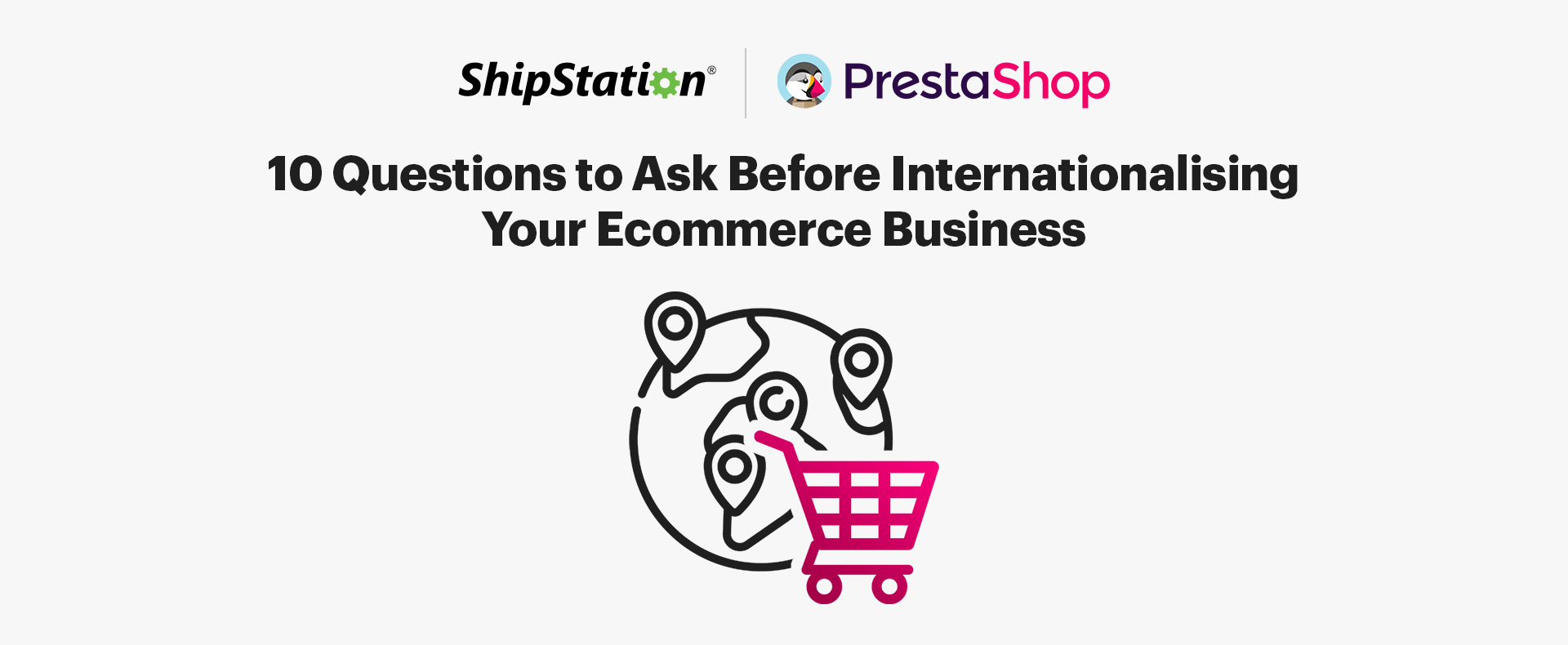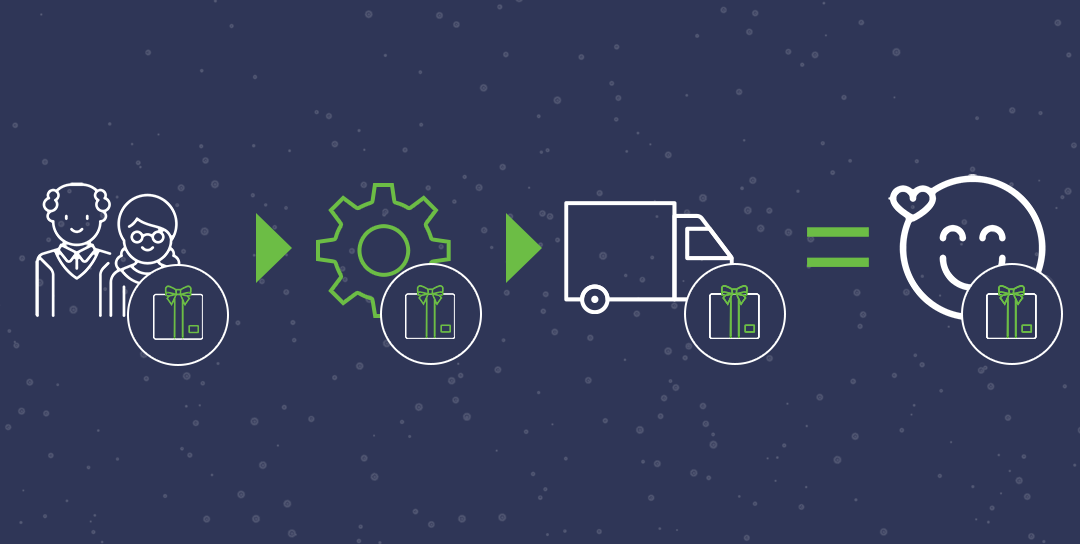Ecommerce Trends 2023: What Stands Out?

How can you overcome the consumer crunch?
It may be 2023, but last year’s economic worries remain. Consumers are feeling it, evidenced by the results uncovered by our new Ecommerce Delivery Benchmark Report surveying over 8,000 households from across the UK, USA, Canada, Australia, Germany, Italy, France, and Spain.
Growing living costs and high inflation are evolving buyer behaviour, and your business must stay ahead of changes if you want to minimise the negative impact on turnover.
Rising borrowing costs, lagging wages, disrupted supply chains and more – all are on the minds of consumers in the UK, but you don’t have to sit there guessing what to do next.
Our research can assist you in overcoming these difficulties. The study provides access to a plethora of data that can be utilised to better understand the marketplace and inform future decisions.
Divided into three sections overflowing with useful data, our free extensive study readies you with valuable insights into:
- The global retail and consumer landscape
- The key trends in online delivery
- Strategies for success
Together, these elements will play a big part in helping you weather the ongoing economic storm – one that seems as if it may be here to stay for a while longer.
The reality of retail in 2023
With the right insights, you can prepare for whatever may come your way this year. Thanks to our report, plenty of crucial insights are revealed, including:
- 24% of consumers expect to buy more online in 2023 than the previous year
- Of less affluent shoppers, 52% will only make purchases of non-food items when necessary
- Shoppers in the UK are under the most significant economic strain
While four in five people are concerned about the economic outcome, almost one in four are increasing the amount they shop online. There’s still optimism that can be found, and any potential recession is anticipated to be shallow in comparison to others we’ve faced.
While times are getting tough for many, online retailers should still feel positive.
Upgrade your understanding
The report is bursting with valuable insights into the retail landscape, ranging from attitudes towards green delivery to the most (and least) resilient product categories. A small selection of the findings include:
- 63% of consumers in the UK are concerned about the economy and their finances in 2023
- The rising cost of food, fuel, and energy is the chief economic concern for 57% of respondents
- 34% of buyers are adopting a ‘no frills’ philosophy, only shopping for non-food items when necessary – 29% will be shopping less often, and 11% aim to find cheaper brands or retailers
Consumers continue to pivot to online shopping across certain categories, with their demands growing in tandem. From resisting delivery charges to expecting free returns, many online retailers may struggle with customer retention this year if they can’t meet the lofty expectations of prospective shoppers.
Most shoppers are planning on adjusting their spending habits, but it’s worth remembering that there will be an increase in online shopping for many. Equipped with such data, your company can ensure it’s accommodating the changes to consumer behaviour in several ways – showing an understanding and, hopefully, converting browsers into customers.
How to weather the storm
Clear policies
Retailers should always provide the best customer service possible, especially if they want to receive plenty of repeat custom. An often-overlooked element of the consumer journey is transparency, and households have signalled how important it is to know what’s what, especially when it comes to delivery and returns.
As our report shows:
- 76% of consumers believe returns should always be free (3% increase year-on-year)
- For 31% of prospective buyers, cost is the most critical aspect of delivery when ordering online
- 10% of people consider a flexible returns policy as being their most important delivery consideration
This will undoubtedly cause tension between buyers and some brands and sellers, however, as merchants and retailers look to recoup costs where possible – and delivery charges aren’t out of the equation.
The trend of free returns in ecommerce has created the perception that buying items is risk-free instead a final decision, as customers can easily return any purchases for no financial consequence. Many shoppers are unwilling to accept changes here. Consider any surplus charges carefully.
Time to go green?
One interesting discovery from our research is that sustainable delivery options influence purchasing decisions despite cost-of-living increases.
On average, attitudes towards green delivery are warming. Most in the survey revealed that they value eco-friendly options, including longer delivery time or higher prices to reduce emissions and out-of-home delivery.
Here are some key statistics on more sustainable shopping practices for 2023:
- 26% of consumers expect to buy second-hand or use resale marketplaces, a year-on-year increase
- More people consider green delivery as the most important aspect of delivery considerations in 2023 than in 2022
- 79% of shoppers would consider green delivery options, and 34% would consider switching to out-of-home delivery
Retailers aren’t all-in on green deliveries just yet. While 75% of merchants recognise the importance of sustainability and reducing their environmental impact, less than one in five consider it a key focus for their business in 2023.
Stay ahead of the curve
There’s no better time than now to reinforce your business with must-have knowledge of your customers and their complex needs. Our packed full-to-the-brim report is a crucial part of your toolkit as you navigate this ongoing economic choppiness.
Download ShipStation’s report for further insights into the UK retail landscape for 2023 and beyond. Knowing how best to soothe customer concerns will set your business apart from the rest.





